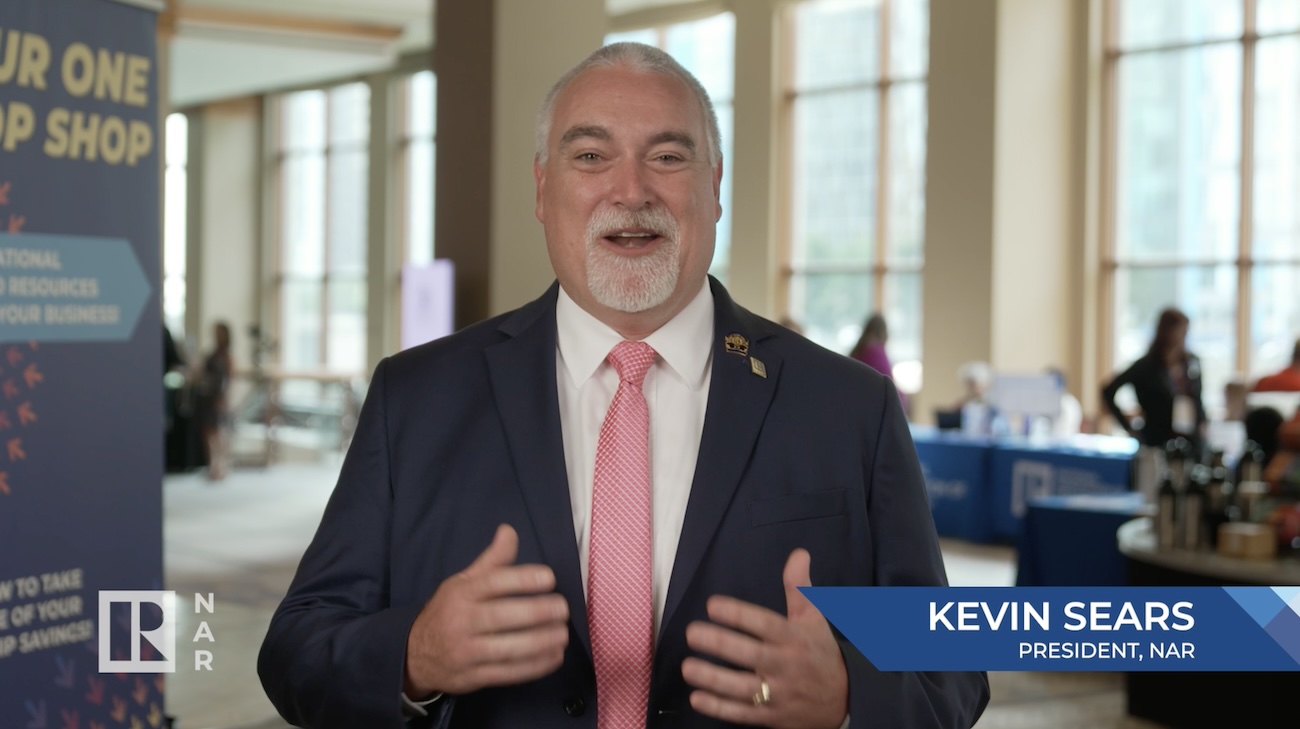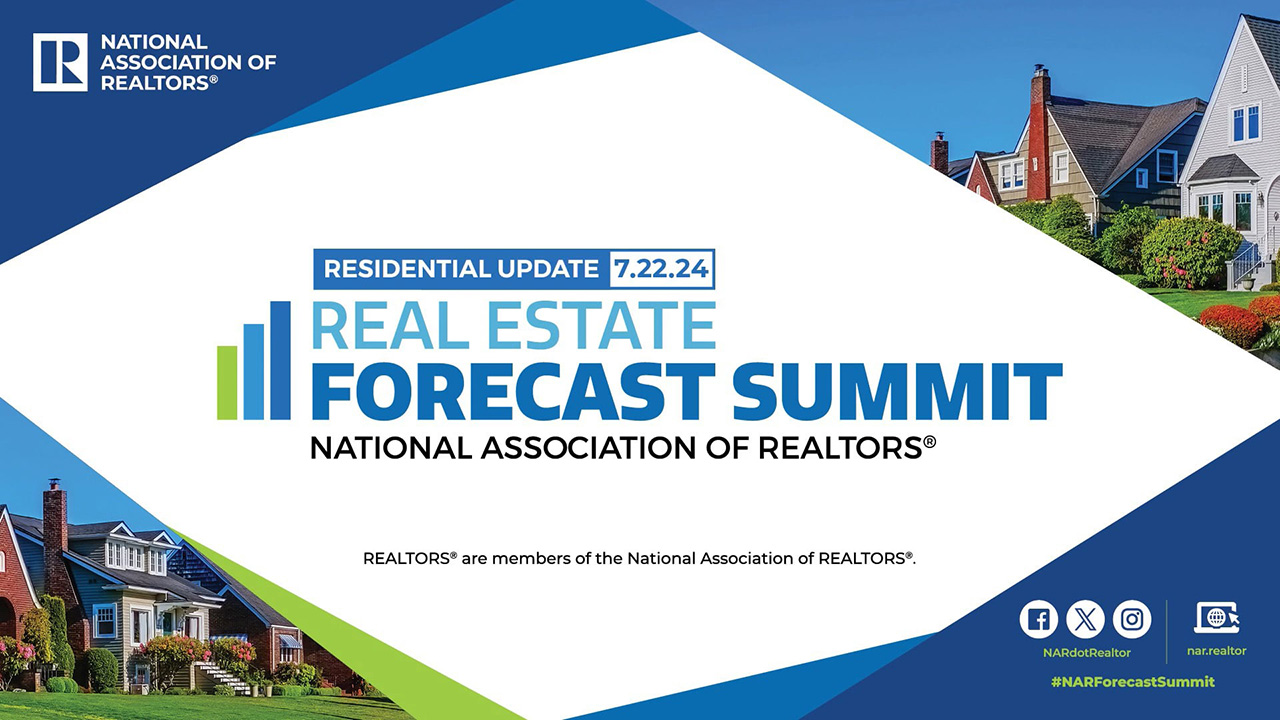Window to the Law: Understanding the MLS Clear Cooperation Policy: Transcript
In November 2019, the NAR Board of Directors adopted the Clear Cooperation Policy in response to concerns about the use of pocket listings, and other tactics to keep properties off the MLS to the disadvantage of homebuyers and sellers. Effective January 1, 2020, with local implementation required by May 1, 2020, this policy requires listing brokers to submit property listings to the MLS for cooperation within one business day of publically marketing a property. This reinforces the consumer benefits of cooperation and ensures that MLSs are an efficient and transparent marketplace that is pro-competitive and pro-consumer.
In recent years, there has been a significant growth in the use of pocket listings and misuse of various limited exposure marketing tactics. Brokers resorted to such methods because of historically low inventory and high demand in popular areas. An issue with pocket listings is that some brokers used it on the basis that their client needed privacy but then publicly marketed the property on their brokerage website, on an exclusive network, or on social media to a limited scope of people. Also, pocket listings generally have been perceived as benefitting the listing firm more than the client. In terms of coming soon, some brokers misused it by advertising a property as becoming available for showing or sale at a later date but then allowed a chosen few, sometimes their own clients, to see the property and be given an opportunity to purchase before anyone else. These types of issues have restricted the number of choices for buyers, raised questions about fair and equal opportunity leading to Fair Housing concerns, have skewed MLS data, and have resulted in breach of fiduciary duties lawsuits. The Clear Cooperation Policy is intended to address these issues and to ensure homebuyers and sellers benefit from having access to the most comprehensive property information through the MLS. It also establishes a uniform rule for all publicly marketed properties ensuring greatest market exposure for consumers, and consistent business practices which minimizes confusion.
While the deadline is May 1 for all MLS’s to adopt this policy, some already have implemented it. Make sure you contact your MLS to know their timing for adoption so you can proceed accordingly.
And as previously mentioned, a property listing must be submitted to the MLS for cooperation within one business day of public marketing. A business day means a day that is not a Saturday, Sunday or a federal or state recognized holiday. And public marketing is any promotion or advertisement of the property to the public. Examples include promotions through yard signs, flyers, brokerage website displays including IDX and VOW, digital advertising on public facing sites, communications with other brokerages and on portals.
Here are some other things to keep in mind regarding the policy:
Is Coming Soon still allowed?
1) Brokers can still advertise a property as coming soon. MLS’s can define specific statuses and showing requirements for coming soon and delayed showings for properties that truly are not yet ready to be shown.
What about pocket listings?
2) Sellers may direct that their listings not be placed in the MLS. But this can only be done as an office exclusive where the promotion of the property is limited to brokers and agents in the same listing brokerage. This ensures that no public marketing takes place which protects the client’s need for privacy.
Does a property listing have to be included in an MLS’s IDX display?
3) Sellers can choose to have their property listing kept out of all internet display. This is helpful if your client is concerned about privacy. Brokers can work with their clients to determine an appropriate marketing plan, taking into account the client’s needs and full disclosure of the benefits to market exposure.
Is it possible to opt-out of the policy’s obligations?
4) The policy does not include any opt-out. Before entering into an agency agreement, a broker should explain to your client how you can serve their best interests in accordance with your state law, the Code of Ethics and MLS submission rules. This should include an explanation of the many benefits of listing on the MLS for cooperation.
How does this policy help consumers?
5) The Clear Cooperation Policy aims to ensure that consumers have equal access to all available properties through a transparent process which promotes Fair Housing. And it bolsters cooperation and advances the positive and pro-competitive impacts that cooperation fosters for consumers.
Thank you for watching this episode of Window to the Law.































































